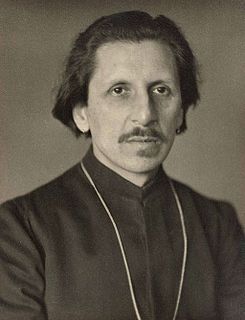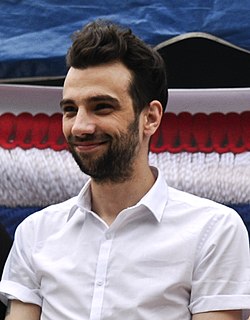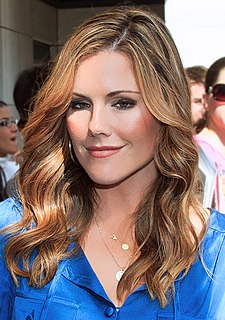A Quote by Anna Brownell Jameson
A Canadian settler hates a tree, regards it as his natural enemy, as something to be destroyed, eradicated, annihilated by all and any means.
Related Quotes
What do we mean by the defeat of the enemy? Simply the destruction of his forces, whether by death, injury, or any other means-either completely or enough to make him stop fighting. . . . The complete or partial destruction of the enemy must be regarded as the sole object of all engagements. . . . Direct annihilation of the enemy's forces must always be the dominant consideration.
Let’s not fool ourselves into thinking that pride is a problem only for the lost. The most effective means the enemy has to keep believers from being full of the Spirit is to keep us full of ourselves. No wonder the Bible states and restates that God hates pride. It is the enemy of genuine ministry. It is the end of many homes.
The individual man, in introspecting the fact of his own consciousness, also discovers the primordial natural fact of his freedom: his freedom to choose, his freedom to use or not use his reason about any given subject. In short, the natural fact of his "free will." He also discovers the natural fact of his mind's command over his body and its actions: that is, of his natural ownership over his self.
The inhabitant of London could order by telephone, sipping his morning tea in bed, the various products of the whole earth -- he could at the same time and by the same means adventure his wealth in the natural resources and new enterprise of any quarter of the world -- he could secure forthwith, if he wished, cheap and comfortable means of transit to any country or climate without passport or other formality.





































